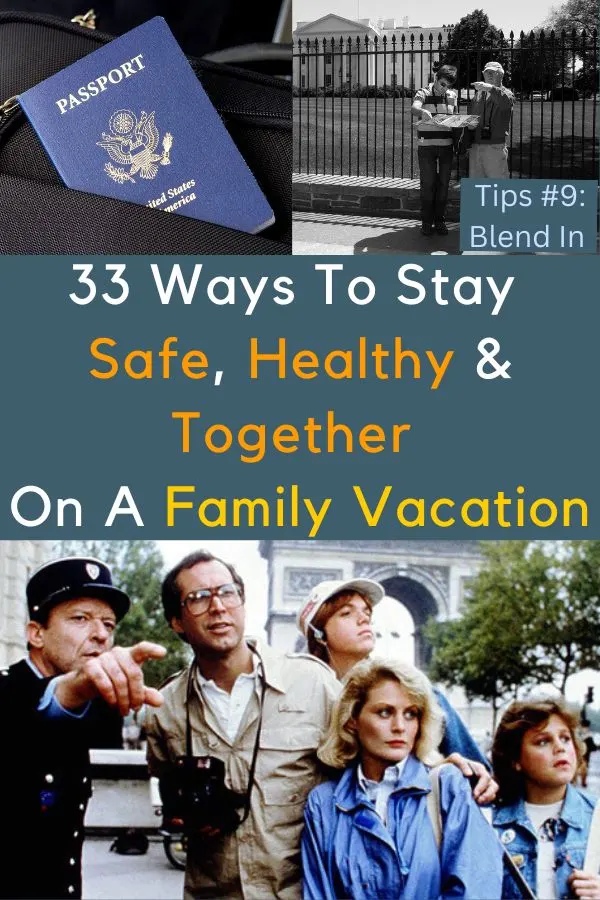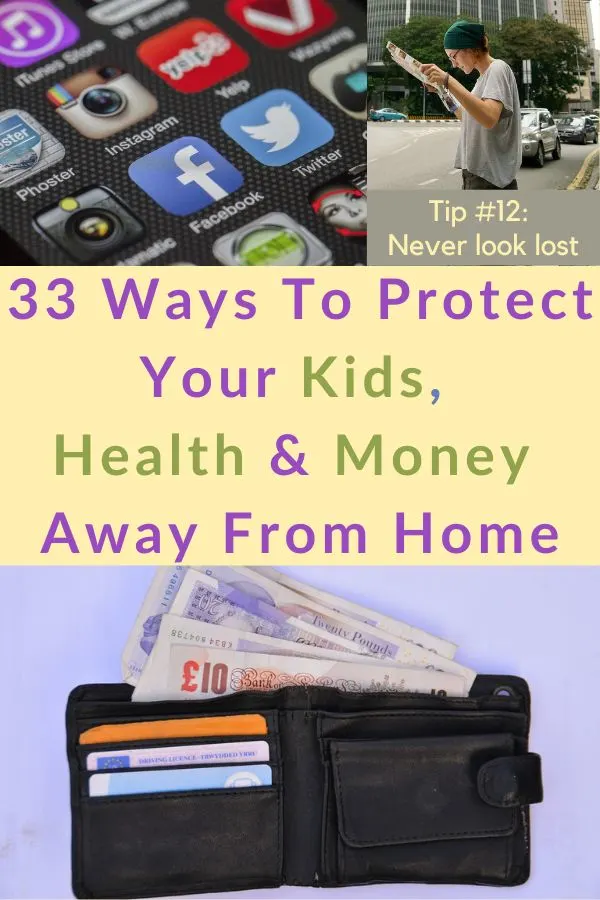A good vacation can generate memories that stay with you long after you’ve returned home to your everyday routine. When something goes amiss on vacation that’s memorable, too, but for all the wrong reasons.
I want families who read FamiliesGo! to stay safe and healthy and to have the nicest possible memories from all their travels.
So I’m offering a list of tips to safeguard your summer travel from some of my favorite family travel writers and top health and safety experts.
Skip to the bottom of the post for a printable list
You might want to read
My Road Trip Safety Checklist for Families
7 Ways To Keep Your Family Eating Well While Traveling
8 Ways To Help Kids Who Get Car Sick
33 Ways To Keep Your Family Health & Safe Away From Home
Transit Safety
Tourist safety starts with having the inside scoop on local public transit.
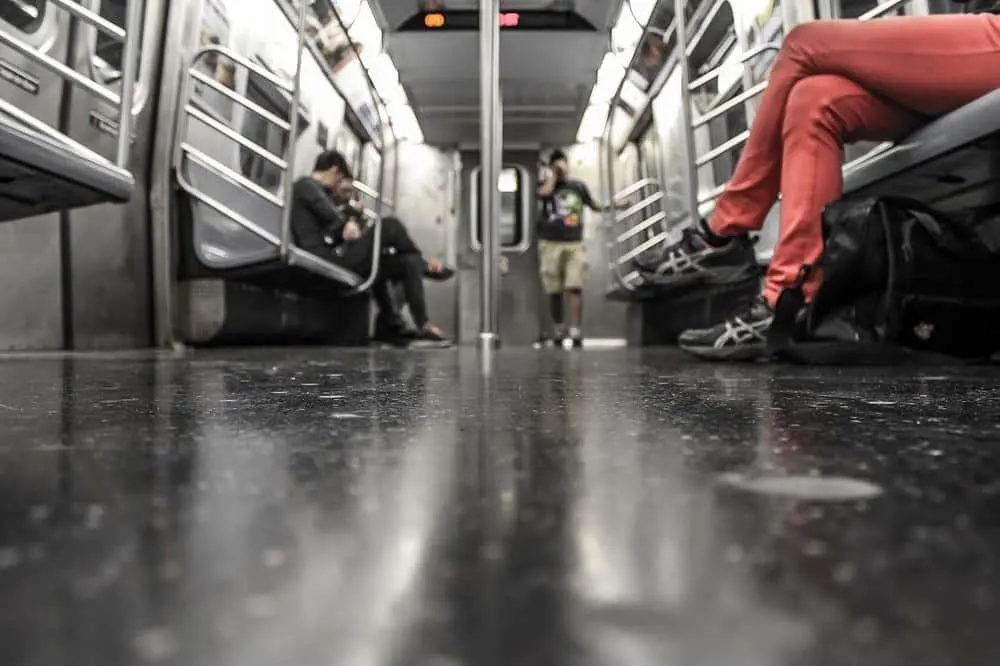
Know the Safe Transit Hours
1. Just because a transit system is available well into the night, doesn’t mean you want to use it at all hours.
I’ve ridden the NYC subway as late as 11:00 pm, but I wouldn’t ride it everywhere at that hour. And in Mexico City we took cabs after about 6:00 at night even though the subways ran later.
Ask your hotel concierge or another knowledgeable local how late you can safely take public trains and buses.
Avoid Crowds
2. Subways and buses, especially crowded ones, create opportunities for petty theft. If you can, get out of the crowd by moving to the other end of the train car or bus, or by switching train cars.
If you can’t, keep your bag in front of you or your hand on wallet pocket. Be especially aware of groups of noisy kids, who might be creating a diversion on purpose.
Prevent Theft and Loss
Safe travel means not having your trip interrupted by the loss or theft of your valuables.
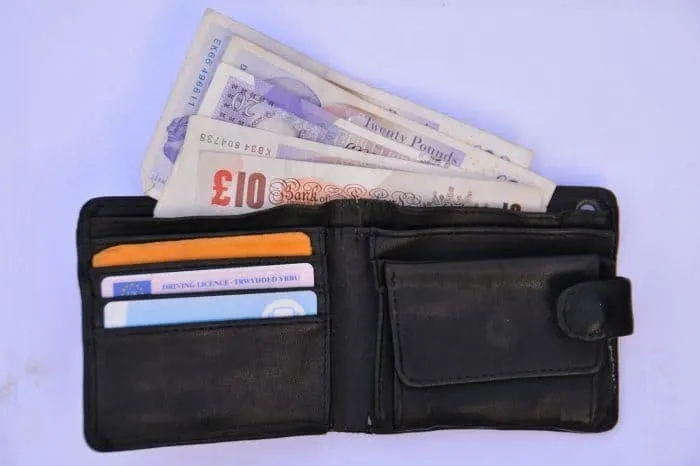
Keep Your Purse Close
3. Michele Chan-Thompson of Malaysian Meanders suggests that “women put their purse on their lap when eating out instead of hanging on the back of the chair or on the floor. It’s much harder to steal!” Snuggly between your feet works, too.

Be Aware of Who’s Around You
4. Travel Psychologist Michael Brein urges tavelers to be more aware of your surroundings and behavior when traveling than you might be at home.
“At home we organize our lives to basically ignore much of what goes on around us. But theft, pickpocketing, sexual assault all stem mostly from inattention and distraction.”
This is especially so in an unfamiliar environment where you’re less instinctively atuned to what is and isn’t normal.
Split Up Your Cash
5. Rachael Brown of Nate & Rachel suggests splitting your cash among different pockets, zippers, and bags. “It’s a good idea to keep some cash and a credit card in a money clip in a pocket separate from your wallet.”
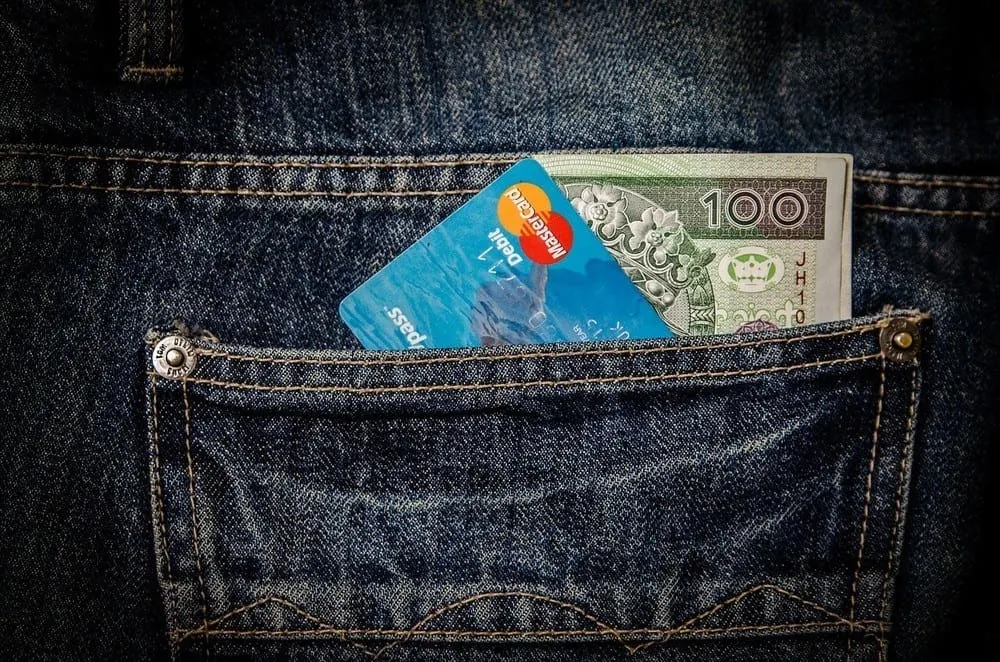
Even if a thief or pickpocket gets your wallet, you still have cash and a credit card.
6. If you need to bring a lot of cash, don’t carry it all with you at any given time. And consider a travel wallet that goes under your clothes, or travel clothes with hidden pockets.
Use Bank ATMs
7. Travel blogger Lisa Shusterman notes that ATMs are the easiest way to get cash while traveling, and overseas they can be the cheapest way to get local currency.
If you are going someplace where you know ATMs are readily available, be conservative in the amount of cash you carry and replenish at regular intervals.
But Shusterman says, “I always use bank ATMS, not stand-alones, and preferably during hours when the bank is open.
If the machine eats you card or something goes wrong with the transaction you can walk into the bank and resolve it then and there.”
Keep Essential Information Handy
8. Parenting blogger Heather Lopez puts all of the customer service phone numbers for her credit cards in her phone and sends an email to herself as well. “If you lose your wallet or it gets lifted, you can easily call your card companies,” she says.
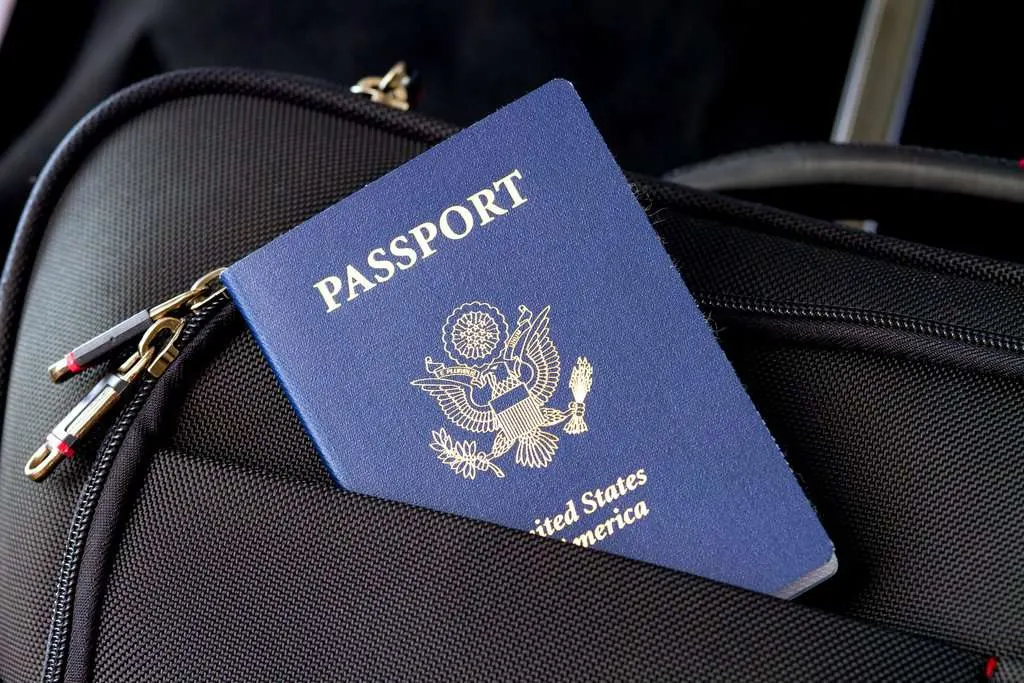
9. Karon Clark Warren of This Girl Travels, keeps a photocopy of her passport in her suitcase, or she takes a photo of it on her phone. “If your passport is lost or stolen you have your passport info handy.”
It doesn’t hurt to carry extra passport photos, either, in case you need to replace it.
Don’t Stand Out
10. Everyone has places in the world where they can’t expect to easily blend in. But that doesn’t mean you have to stand out, and you definitely don’t want to stand out for the wrong reasons.
Phil Derner, Founder of NYCAviation, says, “Keep a low profile and blend in as much as you can. When in Rome…”
In conservative countries women would do well to avoid short skirts. If women don’t show their hair considering pulling yours back or wearing a wide headband. Men and women should be careful to avoid tank tops, short shorts and even too casual shoes like flip-flops. And of course follow the rules of decorum in religious places, such as head coverings for men or women or removing shoes. Don’t drink to excess in countries where that isn’t done.
Knowing the local language will always help you to fit in. But even if you aren’t fluent in a second language, learning a few words and phrases—yes, no, please, thank you, hello, good bye, check please and where is the bathroom?—demonstrates an interest in and respect for local culture. People will appreciate the effort, even if they’re amused by it, too.
Respect Local Norms
11. If you’re visiting a culture where people tend to cover up and not show much skin then, man or woman, don’t plan to wear shorts, short skirts or tank tops.
You’re much less likely to be hassled, and to encounter cooperation should you need help, if you’re seen to be respecting local customs.
Act Like You Belong
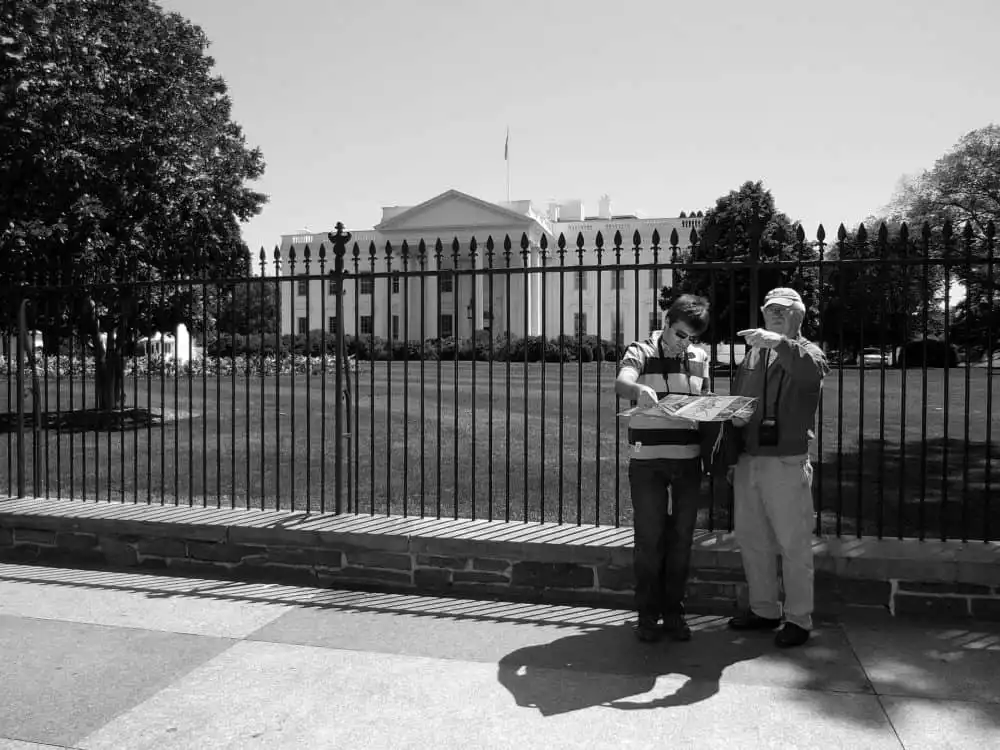
Derner has more ways to avoid standing out.
12. Above all, don’t look lost. “Check maps before you leave the hotel,” he says. And always walk with purpose, even if you aren’t sure where you’re going.
13. Also, Derner says, “Rent a car locally that looks like everyone else’s. This counts for other parts of the US, too, not just internationally.”
14. Gregg Owner, Director of Jolly Good Tours adds that if your tour group or travel agent gives you a branded travel tote or hat, leave it at the hotel. “It advertises ‘I’m a tourist.’”
Leave Your Bling Home
15. Owner recommends leaving your most stylish tote or high-tech backpack home.
“It’s best to use an old tatty backpack or tote. There’s more chance of a mugger moving on than with a posh one.”
16. The same rule applies to what you wear.
Sophisticated thieves can recognize high-end watches, jewelry, coats and even jeans; wearing them makes you more of a target.
Stick to costume jewelry and mass-market clothing brands when you’re abroad.
Be Social Media Shy
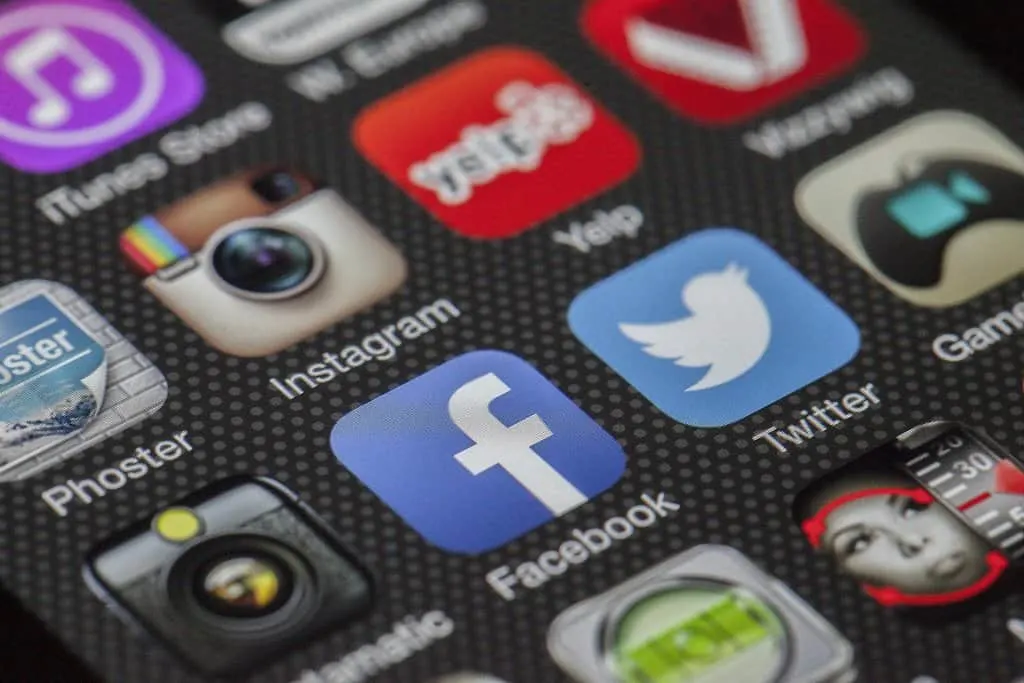
17. Christopher Burgess, a safety, security and intelligence expert,, reminds us that it can be good to take a Facebook or Intagram break while you’re away.
“Share where you’ve been, not where you are or we’re you’re going.” And wait until your home to share all those lovely vacation pics.
If you can’t help but post, turn off location tracking and don’t include location tags with your photos.
Advise our social-media-savvy tweens and teens to do the same whether they are traveling with you, on their own or with a group.
Travel-Safety For Kids
Family safety away from home means knowing where your kids are and your kids knowing what to do in particular situations.
Dress Kids For Easy Spotting
18. Colleen Lanin of TravelMamas dresses her kids in bright colors to prevent losing sight of them in busy public places.
Know Who’s in Charge of the Kids
19. “We also assign a specific adult to watch each child at all times,” Lanin says. “Don’t assume the other parent is watching them because they might be assuming the same thing!”
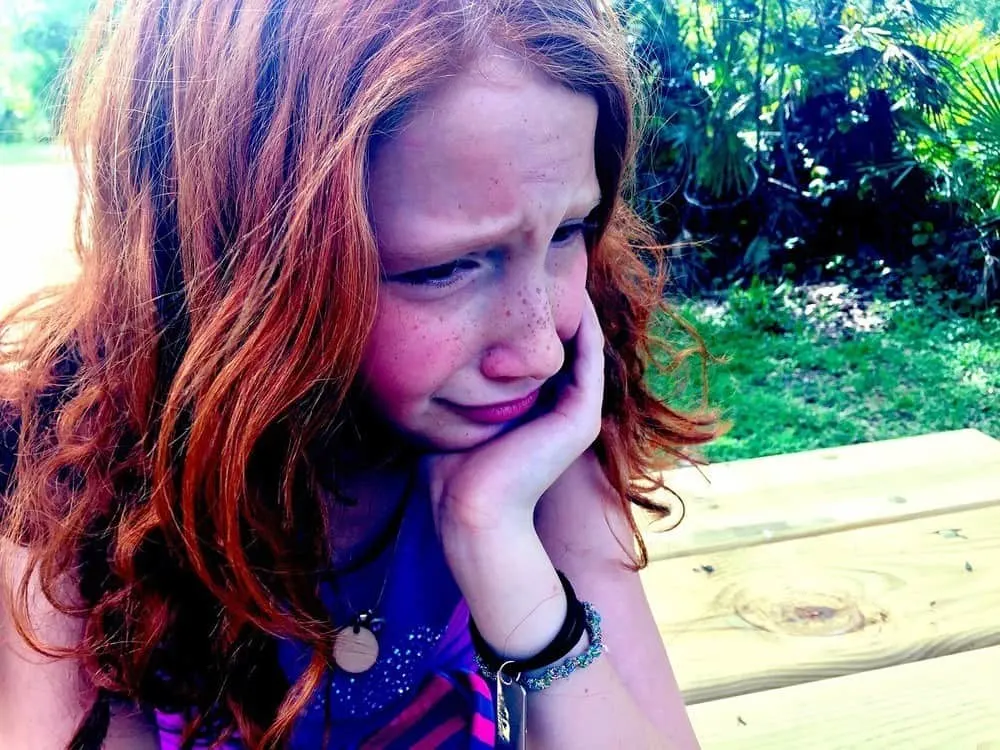
Make Sure Kids Have Your Phone Number
20. Lindsay Nieminen of Carpe Diem Our Way is a fan of ID Bracelets for kids too young to memorize their parents’ names and phone numbers, especially in theme parks and other crowded places.
“It only takes a second for them to wander around a corner.”
21. If you don’t want to buy custom ID bracelets, consider Apple airtags. You can buy colorful Velcro bracelets that will keep the tag on your child’s wrist or a keychain that you can attach to a backpack, beltloop or jacket.
If you prefer a low-tech solution, “Attach a small luggage tag with mom and dad’s cell phone numbers to their back belt loop.,” says Family travel blogger Nicole DeBickes.
I used to pin my business card or a piece of paper with my name and phone number in Tiny Traveler’s pocket. If you do this, make sure the kids know it’s there.
22. If kids are old enough to have their own mobile phone they’re probably used to speed-dialing you and might not know your cell phone number, even if they did once.
Make sure they learn it in case you want them to leave their cell phone home for all or even part of the trip, for instance, at a waterpark.
Have A Reunion Spot
23. “Make safety plans with your kids for different situations,” Family travel podcaster Paul Kortman says.
For example, “If they get lost in the woods or in a park they should know to stay put.” If they’re lost in a theme park or on a cruise ship, they should be able to identify an employee or other safe person.
In busy places like resorts, cruise ships or theme parks it also helps to have a pre-arranged meet-up spot.
24. With tweens and teens who are going off on their own set a meet-up spot and times for periodic check-ins.
25. Don’t rely on cell phones for meeting up. Batteries die, signals can be unreliable or it might just be too loud to hear your phone go off.
Apps like Life360 and FindMyFriends are helpful, but in a resort or theme park they might not be precise enough.
Carry Photos
26. CheapOAir’s Travel Expert Tom Spagnola suggests parents keep a recent photo of each kid or of the entire family on them. If anyone gets separated or lost you’ll have a photo to share with the authorities.
This should be a real photo you stash in your wallet, not just one on your phone, so you can hand it over readily. This is a second reason to carry extra passport photos.
Travel Health Tips
Stay hydrated

27. Becky Mladic Morales of Kid World Citizen warns that it’s easy to become dehydrated when traveling. And kids can become dehydrated much more quickly than adults.
“Our schedule gets messed up and we forget to drink, or we’re in dry environments like airplanes, or we’re holding back because we’re trying to avoid 50 bathroom breaks on a long road trip.”
Dr. Sears says that if kids seem lethargic or grouchy, their lips are dry or it’s been a while since they’ve used the bathroom then it’s probably time to drink up.
Giving everyone their own water bottle gives kids control over when and how much they drink, which can help.
Limit Your Sun Exposure
28. In the old days parents knew the family had had too much sun when their kids looked like steamed lobsters. In these days of ample sunscreen it’s easy to miss the signs and overdo the sun and hot weather.
Heat exhaustion can sneak up on us. According to the Mayo Clinic, symptoms can include goose bumps on a warm day, dizziness, fatigue, cramps, headaches and nausea.
When these symptoms surface it’s time to loosen tight clothes, drink plenty of water and rest in a cool place out of the sun.
Check Government Websites
29. Before visiting any country it’s good to see what two government agencies have to say about the place.
The CDC’s traveler health pages can tell you what vaccines you ought to have for a given country and whether it has a malarial zone.
It can also tell you if there are active outbreaks you ought to be aware of, particularly when it comes to serious respiratory viruses or mosquito-born diseases like Zika West Nile or dengue.
And it can give you the latest on outbreaks like Covid-19 or RSV.
The State Department’s travel site can provide you with the latest travel warnings and has country briefs that will tell you about the crime rates, places to avoid, and government or safety issues to be aware of.
It’s valuable; just bear in mind that the information is provided in a dry, matter-of-fact way that could make Disneyland sound dangerous.
Limit Screen Time

30. Watching videos or playing computer games for hours on end isn’t any healthier for kids in the car than it is at home.
I avoided that engine-on-screens-on travel habit for as long we could.
It’s not as hard as you might think to break up screen time with other activities including music, podcasts, books on CD or Amazon’s Audible e-book service.
Even if you’re using electronics, you’re not staring endlessly at a screen or becoming addicted to 20-second snippets of video.
Know When To Pull Off the Road
31. Robert Richardson, author of The Ultimate Situational Survival Guide: Self-Reliance Strategies for a Dangerous World, notes, “A lot of car accidents can be prevented by the driver pulling over and finding a safe place.”
Whether is snow, rain or fog (or a phone call you have to take), he says, “Driving through dangerous conditions so you can make it to your destination on time is not worth the safety risk.”
Travel Insurance
32. According to Allianz Global Assistance, most people buy insurance for trip cancelations. But 60% of claims are for to trip interruptions or delays, medical expenses and lost luggage. Only 40% are for cancelled trips.
Lanin notes that a good policy can also “help with a lost or stolen passport, an emergency funds transfer, or even a referral for legal help.”
33. While many people think to buy travel insurance to cover airline tickets, resort stays or cruises, they often forget to do it when they rent a vacation home.
If you have to pay in advance and it’s not refundable, that’s a big expense to leave uninsured.
Because of all the recent disruption to travel there has been a lot of discussion around Cancel For Any Reason (CFAR) policies.
There are probably some limited circumstances where these policies are worth buying but don’t make them your go-to travel insurance.
For one thing, these policies put the insurer at the greatest risk of having to pay out, so they’ll be expensive. Moreover, they aren’t legal in all U.S. states, so you might not even be able to buy one.
Print the list
Pin it for later!
